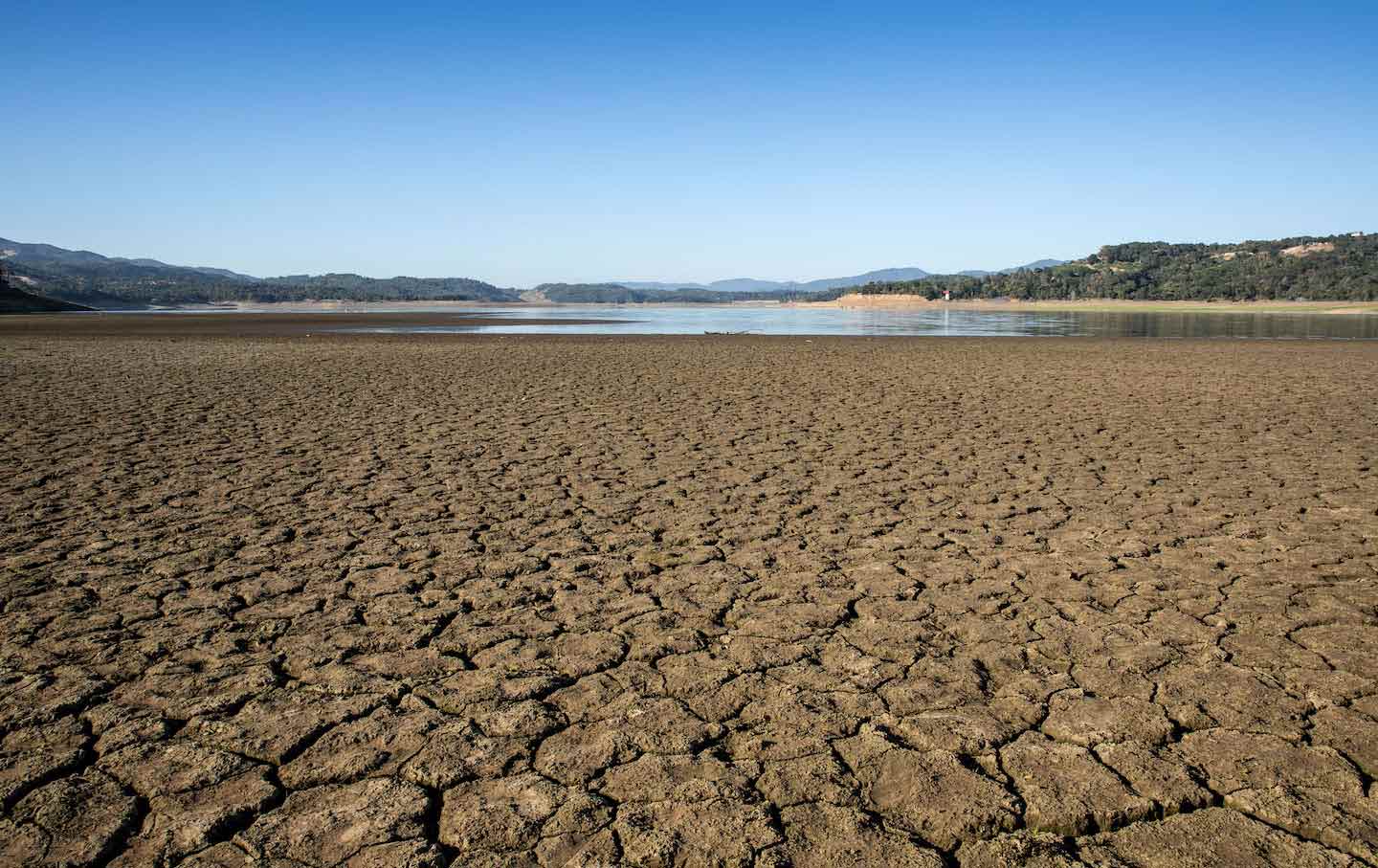
"It was dark and smelled of rotten leaves. As I shook the tube, I tried to keep the muck from getting on my shoes. There must have been three or four gallons of it. Contorted in an uncomfortable crouch and harassed by bugs as the water glugged slowly out of the little hole, I felt impatient. I was ready to share my grubby prize with my friends, but the hole was so small and I was still far from the road."
"But I couldn't just wait. Instead, my mind drifted to catastrophe, and I began imagining a near future where I could no longer take water for granted. Such a thought was in my head not just because I'm prone to binge on dystopian novels but because I read the newspaper and watch the TV news at night. So, there I was, crouching at the no-longer-pond's edge, cradling that huge inner tube,"
An individual retrieves a truck inner tube from a dried pond, discovering several gallons of dark, rotten-smelling water clinging inside. The physical labor and the exposed muck prompt reflections on water scarcity, contamination, and how quickly potable sources could become unavailable. Imaginations turn to drought, infrastructural collapse, and war as plausible catalysts for future water desperation. The narrator recalls survival-skills training and contemplates purification challenges, considering how once-discarded filthy water might become precious for family survival. The experience shifts perception, making distant threats of an overheating future feel immediate and personally relevant.
Read at The Nation
Unable to calculate read time
Collection
[
|
...
]